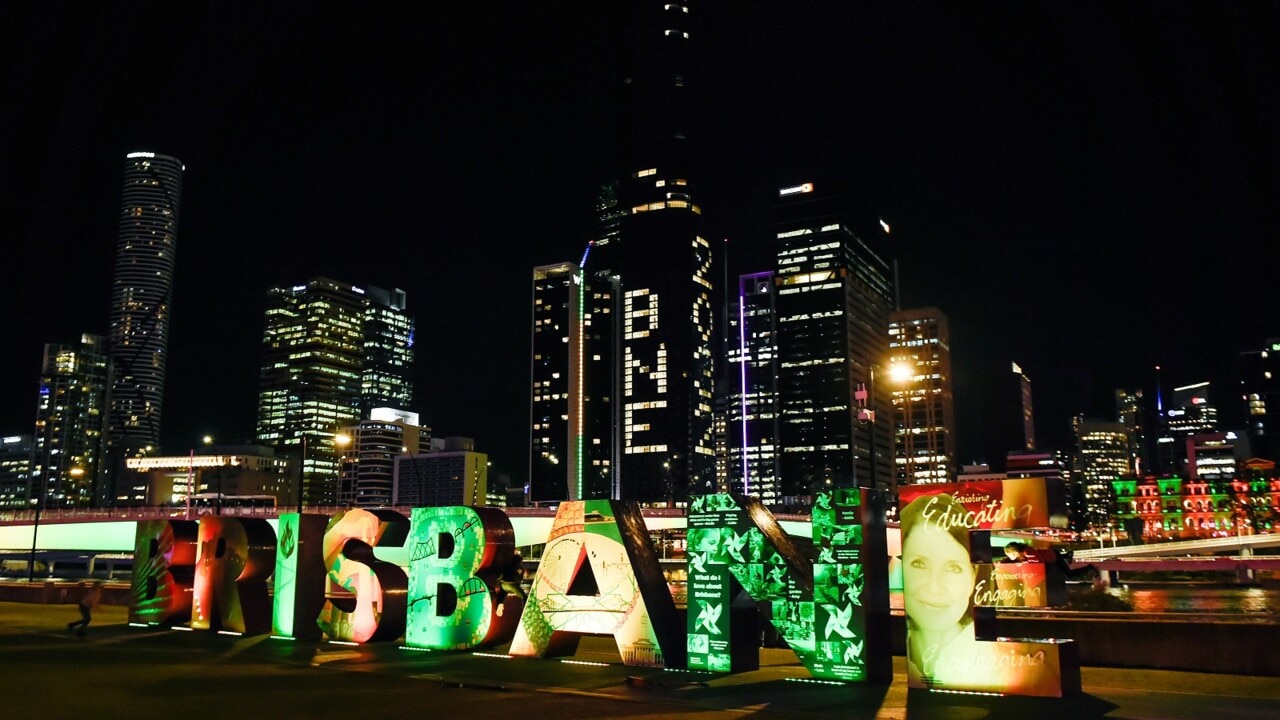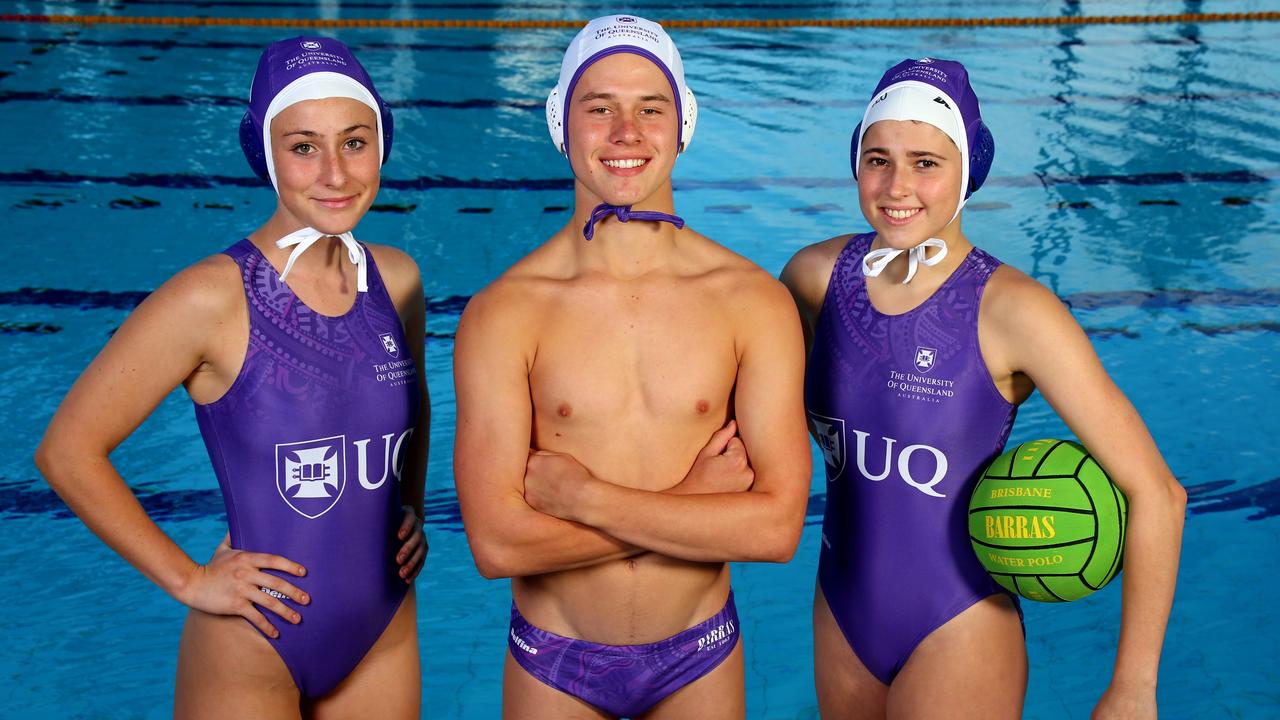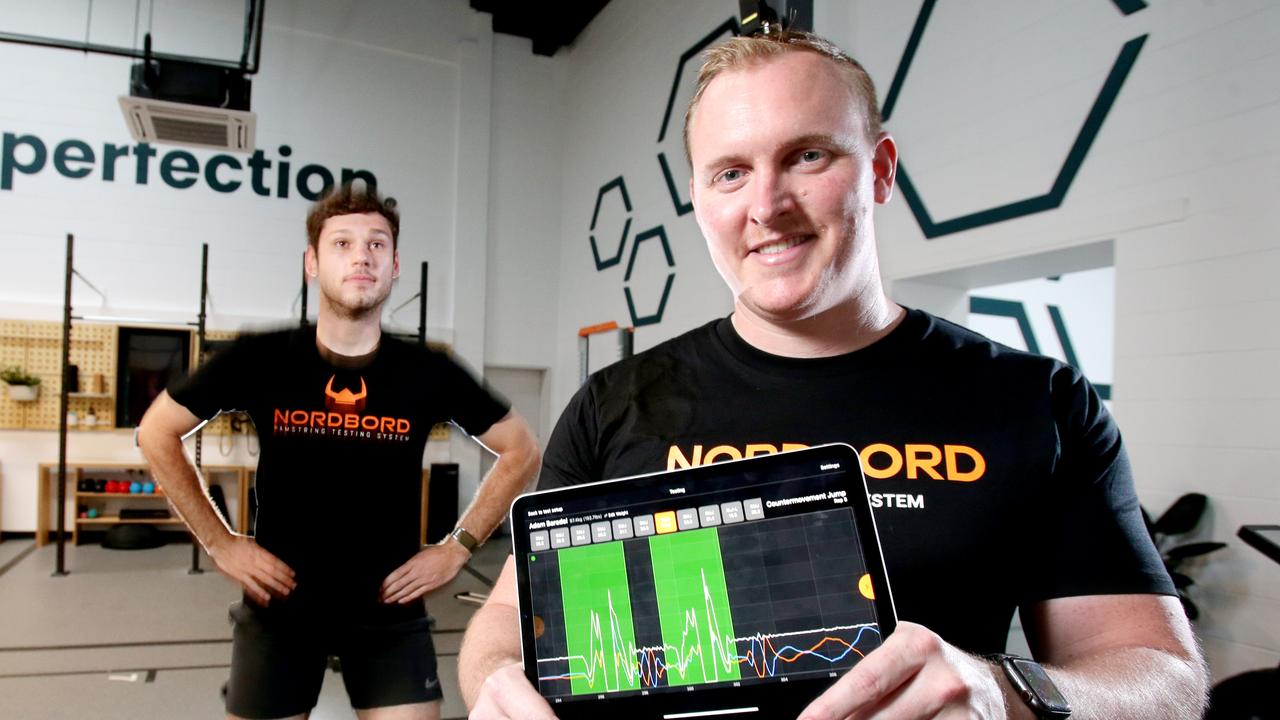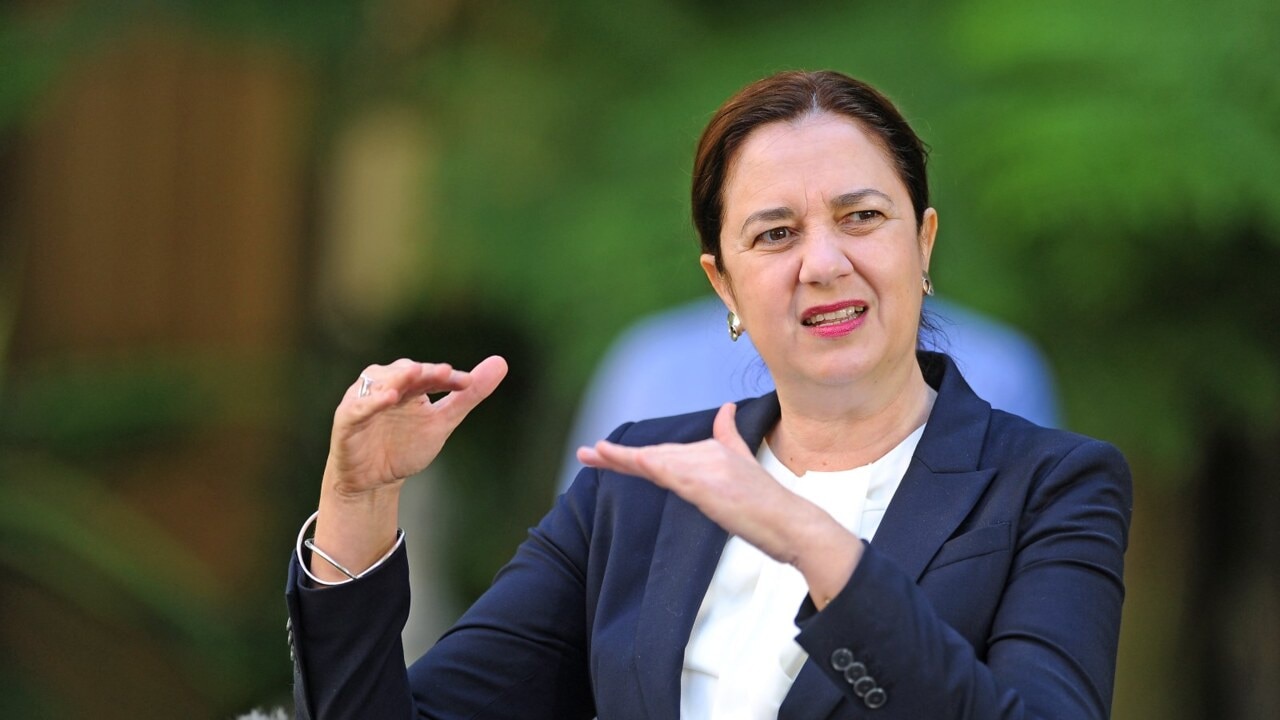Future Brisbane: How region could become a global sports leader
Brisbane could use the 2032 Olympic Games to capitalise on a massive growth market which is already part of Australia’s $83 billion sports industry.

SEQ Olympics 2032
Don't miss out on the headlines from SEQ Olympics 2032. Followed categories will be added to My News.
SOUTHEAST Queensland could become the Asia-Pacific’s capital of sports science and high performance as national and international teams ramp up plans to relocate to the region - but industry leaders say the work needs to start now.
Sports and business figures point to the Brisbane 2032 Olympic and Paralympic Games as a golden opportunity to create a new hi-tech, high-productivity innovation precinct for sport-related economic growth.
But they warn developing the sports performance and science sector – a growing part of Australia’s $83 billion sports industry – will not be possible without a “laser focus” from government and industry.
Queensland already has an emerging sports science sector servicing high-profile clients including English Premier League teams, major league baseball clubs, NFL organisations and the NRL.
Australian Olympic Committee Chief Executive Officer Matt Carroll said southeast Queensland could “absolutely” build on this and lead the region in sports science and performance.
“Southeast Queensland could become a very important sports hub, certainly for Australia and
Oceania and for Asia as well,” he said.
“That is going to be a big opportunity.”
He cited interest from Oceania and Asian nations to develop their sporting talent in southeast Queensland, including a delegation from the Sri Lankan team.
Nationally, he said four Olympic sports were planning to move their headquarters to the region.
Urbis Group Director and Futurist James Tuma said decisions to create an enabled economic sports hub should be made now.
“The opportunity of global sports leadership is at our feet,” he said.
“There is a significant southern hemisphere gap. It’s a $700bn global industry and we have the research capability already, there is interest from the [sporting] peak bodies and we have a long runway into the Olympics.
“All the great cities of the world, all the things they’re famous for were the product of a quite clear, bold intention. It requires government policy. It requires incentives and funding, bravery from sporting bodies and a high degree of intentionality.”
The Courier-Mail and campaign partners Hancock Prospecting Group, BOQ, The Star Entertainment Group and the University of Queensland will explore the state’s priority Olympic legacy opportunities in a news and major event series over the next month.

Australian sports industries are on the rise. A KPMG report to the Australian Government calculated 18 per cent growth across sectors from 2012/2013 and 2016/2017 to more than $32bn.
The sports hub builds on the Brisbane region’s established excellence in swimming and sailing.
The Queensland Academy of Sport was boosted this year with an additional $29 million in funding over two years for high performance programs, and the government has acknowledged the potential for transformative new industries.
Developing sports excellence was also key factor in the Brisbane region’s bid for the Games.
The University of Queensland is ranked in the top two research institutions for sports science.
Likewise, Brisbane already has two homegrown companies in VALD Performance and Fusion Sport that service global clients including English Premier League teams such as Liverpool and Manchester United, and Major League Baseball in the US.

Mr Tuma there was an appetite to develop the sports industry and compete globally against world leaders in the US, Israel, Germany and the UK. He said Israel companies had attracted more than $5bn in government and venture capital funding for sports-related sectors in five years.
VALD Performance, based in inner Brisbane, provides its human movement technologies to all 20 clubs in the English Premier League, dozens of NBA teams, 26 NFL teams, 20 major league baseball teams, as well as 16 NRL teams in Australia.
Commercialised from a QUT incubator in 2016, the company now services elite teams, healthcare systems and defence personnel around the world.
VALD chief strategy officer Sam James said the Games were an opportunity to grow innovation in the sector.
“There aren’t too many other comparable cities of Brisbane’s size with multiple world-leading sports science technology companies,” he said.
“We provide a lot of opportunities for people who want work in the space and there’s definitely an appetite for a sports science hub that could help foster even more of that.”
He said skills development would be critical to extending the industry.
“The more the government and organising committees around the 2032 Games can generally just support and promote innovation, the more we can help push the industry forward,” he said.
“We really need to extend upon [existing industry leadership] and perhaps offer incentives for talent to come to Queensland and to contribute to the development of technology moving forward.”
Swimming Australia High Performance Committee Chair Tracy Stockwell the region had “the foundations”.
“We have the people, now it’s about bringing it together and perhaps having the physical facilities to have that collaboration within and across sports and industry,” she said. “With 2032 in mind there is motivation for people to work together and to do it strategically.”

University of Queensland senior lecturer in sport and exercise science and an accredited sports scientist, Dr Luke Kelly, said the region’s research and business communities were well-regarded internationally for the translation of leading biomechanics, physiology and analytics into high performance.
“Australia has been regarded internationally for a long time as world leaders,” he said. “We’ve got three major universities who have strengths in sports science so we have the knowledge bank. We have tight links with the sporting organisations. And we have some big players in the sports science field.”
Dr Kelly said sports technology entrepreneurship was being propelled in southeast Queensland
through innovation accelerators such as the Australian Sports Technologies Network.
“There’s certainly barriers there [to commercialisation] that are being overcome,” he said. “As the thrust towards the Olympics comes along there will hopefully be a huge push to that.
He said decision-making analytics, biomechanics support and rehabilitation monitoring were current hot topics in the field.
Veteran high performance coach Ric Charlesworth coached the Hockeyroos to twin Olympics golds in 1996 and 2000 and worked as a mentor coach to Australian cyclists in the lead up to the Tokyo Games.
He said nations needed to innovate continuously to keep up with global advances. “This is happening all around the world,” he said.
“If you want to be world class you’ve got to be mining for what is happening all around the world.”
He said psychologists were increasingly important in high performance, for both individuals and teams.





